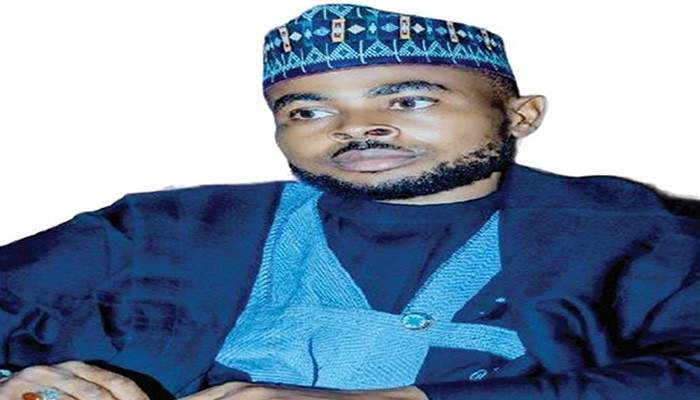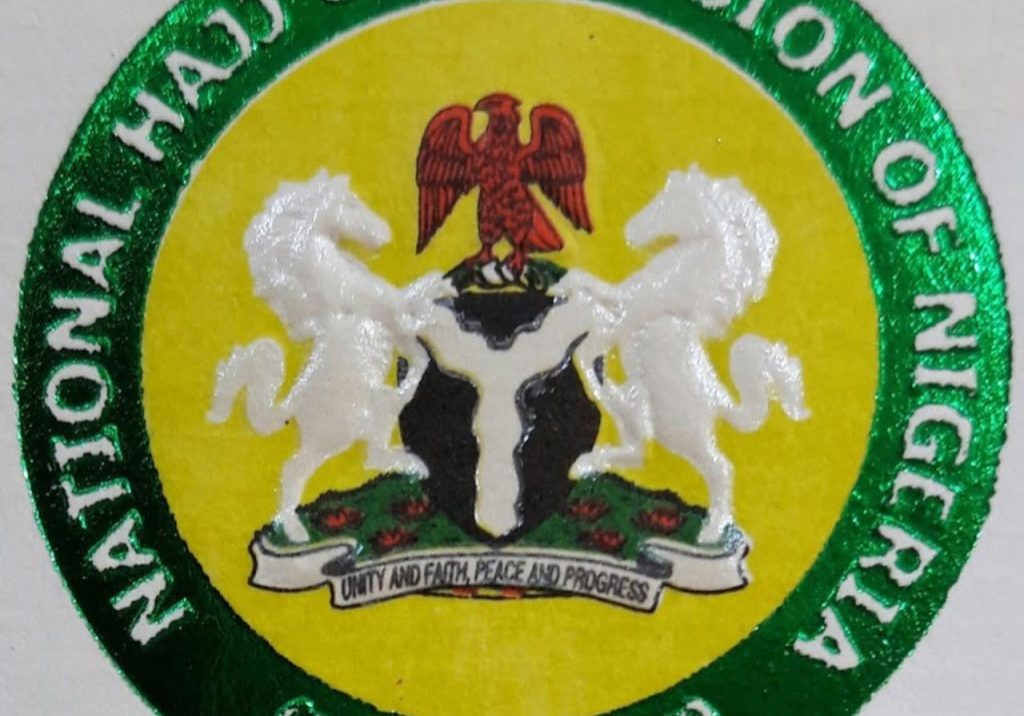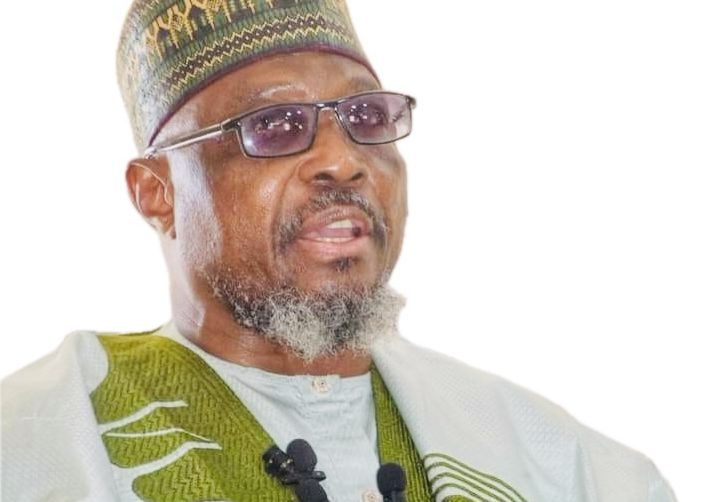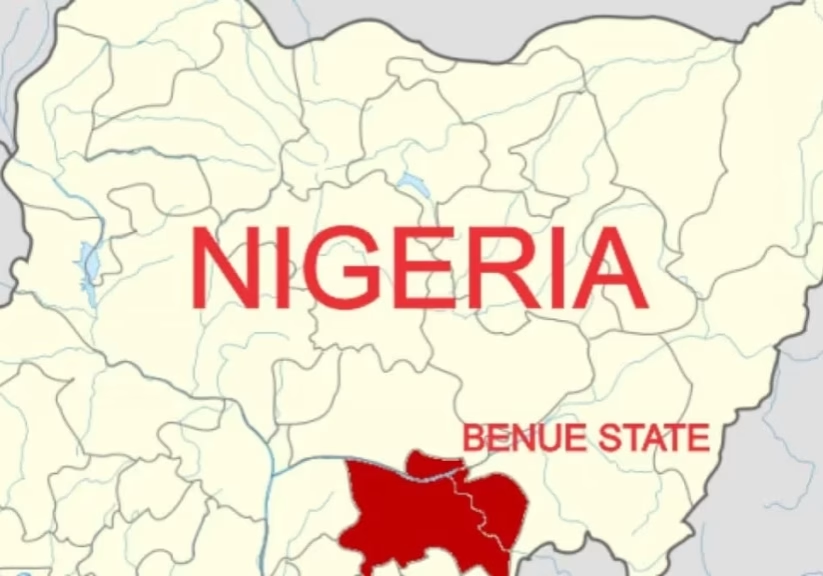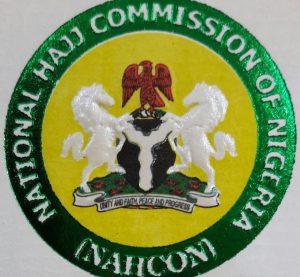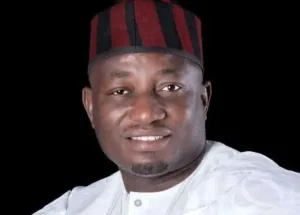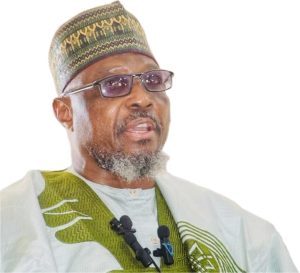The National President of the Arewa Youth Consultative Council, Zaid Ayuba, addresses the economic challenges in Nigeria, the need for country restructuring, and more in an exclusive interview with MUHAMMED LAWAL.
Empowering Northern Youths
Since its establishment in 2012, the Arewa Youth Consultative Council has focused on fostering a positive mindset among northern youths. Their initiatives include extensive awareness campaigns and the training of over 124,000 young people in diverse skill acquisition areas, such as welding, barbing, tailoring, and plumbing.
Political Responsibility for Economic Woes
Ayuba asserts that the economic challenges in Nigeria cannot be solely attributed to a single leader. He acknowledges the collective responsibility of past and current democratic leaders, emphasizing the adverse impact of certain economic policies, particularly those implemented since 2015.
Religious Tolerance in Northern Nigeria
Ayuba dismisses claims of religious intolerance in northern Nigeria, attributing occasional social tensions to political factors. He highlights relative peace in the region and urges political sincerity to address sporadic conflicts, particularly in states like Plateau, Benue, and Kaduna.
Political Alliances and National Unity
Ayuba provides historical context to the relationship between the North and the South-East, emphasizing the importance of shared ideologies for political alliances. He affirms the potential for an Igbo presidential candidate, contingent on a demonstration of patriotism and unity.
Perspectives on Restructuring
Ayuba dismisses the concept of a separate “Middle Belt” and advocates for careful consideration and readiness before pursuing restructuring, emphasizing the potential benefits for all Nigerians if approached diligently.
Evaluating Government Response
While acknowledging the government’s efforts, Ayuba critiques the response to insecurity and economic challenges, advocating for more effective measures and coordinated efforts to address the country’s pressing issues.
Naira Depreciation and External Influence
Ayuba expresses concern over the continuous depreciation of the naira and criticizes external influences on the nation’s economic policies, highlighting the need to reclaim control and referring to the current situation as a form of critical imperialism.
As the interview concludes, Ayuba’s insights shed light on the complex interplay of politics, economics, and social dynamics within Nigeria, offering a unique perspective on the country’s present challenges and future potential.
The Socioeconomic Divide and Political Discontent in Nigeria
Nigeria is presently grappling with a socioeconomic divide that has engendered political unrest and discontent. The recent move by the Federal Government to relocate some departments from the Northern region to the Southern region has sparked heated debates and raised questions about the true motives behind such decisions.
Many in the Northern region are infuriated by the decision to move departments from the Federal Airport Authority of Nigeria and the Central Bank of Nigeria to Lagos State. The rationale provided by the Minister of Aviation and CBN governor, citing cost-cutting measures, has been met with skepticism. Critics argue that such a move is purely political and lacks administrative justification.
This decision has further fueled existing regional tensions and raised suspicions of ulterior motives. There is a prevailing sentiment that the government’s actions are favoring the South-West development agenda at the expense of other regions in the country. The implications of these decisions are not just economic but have significant political ramifications.
The discontent and protests in Niger, Kano, and other states reflect the growing frustration and hardship experienced by the Nigerian populace. The removal of fuel subsidies and subsequent price hikes have aggravated the already dire economic conditions, leading to widespread disillusionment among the citizens.
Various segments of society, including traditional leaders, women, and youth, are expressing their displeasure at the government’s policies. The lack of vocal opposition from religious and political leaders has further deepened the sense of betrayal and abandonment felt by the people.
Nigeria is at a critical juncture, and the government must address these pressing issues without succumbing to political expediency. The voices of the people cannot be ignored, and it is imperative for the authorities to respond to the genuine grievances and work towards inclusive and equitable socioeconomic policies.

